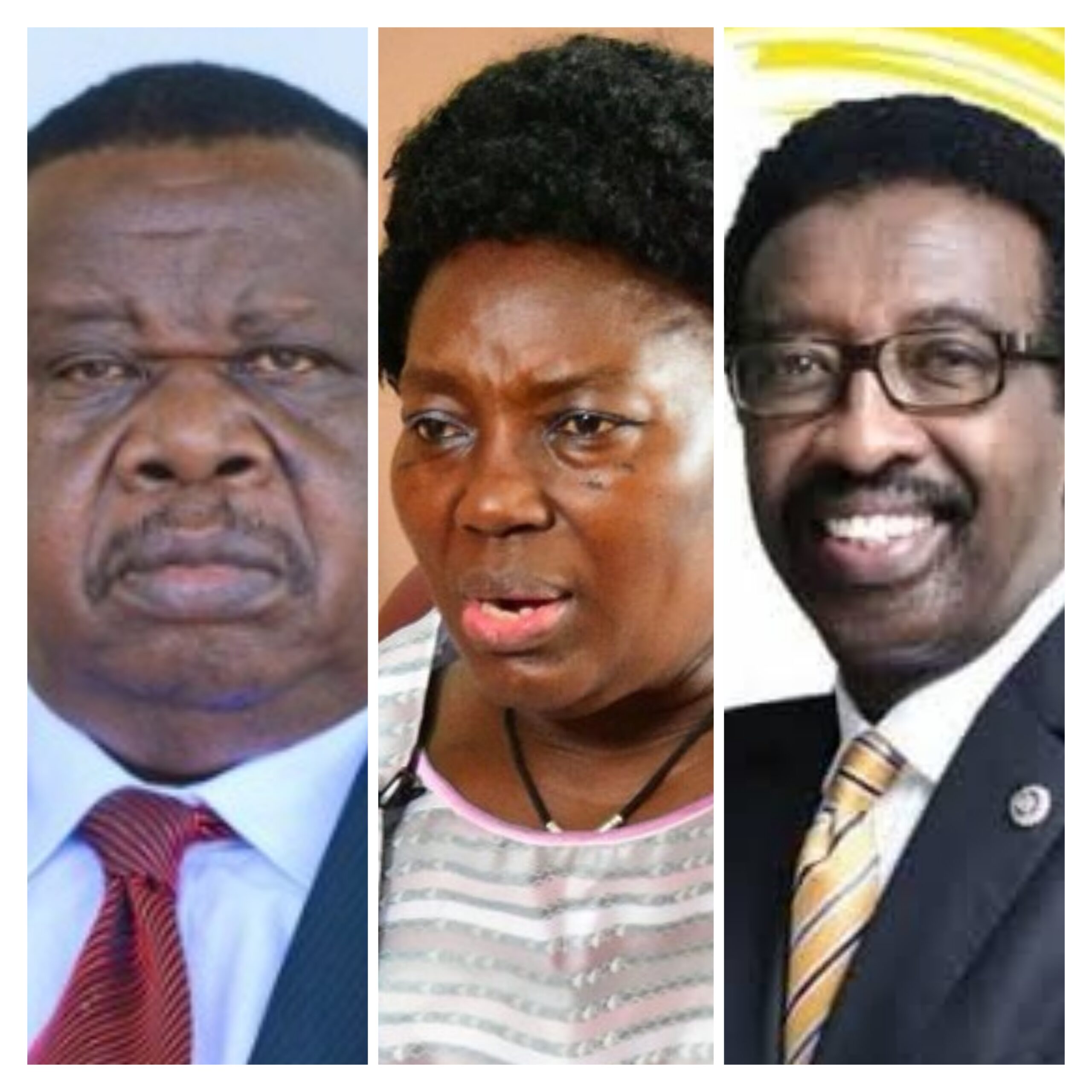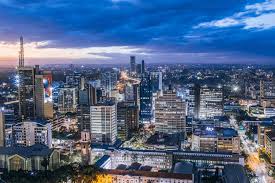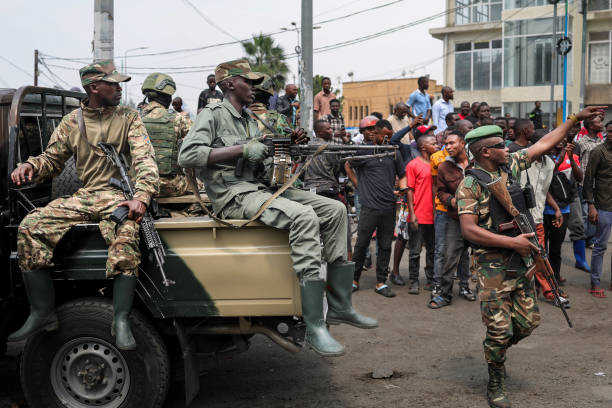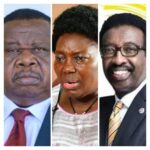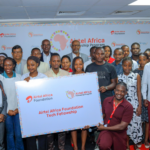The U.S. Department of the Treasury’s Office of Foreign Assets Control (OFAC) has imposed sanctions on James Kabarebe, Rwanda’s Minister of State for Regional Integration.
Kabarebe plays a central role in Rwanda’s support for the March 23 Movement (M23), a U.S. and United Nations (UN)-designated armed group responsible for human rights abuses and the rapid expansion of territorial control in eastern Democratic Republic of the Congo (DRC).
OFAC has also sanctioned Lawrence Kanyuka Kingston, a senior member and spokesperson for M23 and the Congo River Alliance, alongside two of his companies registered in the U.K. and France.
At the end of January, M23 and the Rwanda Defense Force (RDF) captured Goma, the provincial capital of North Kivu in the DRC, in a battle that claimed thousands of civilian lives. M23 and RDF have continued their advances, seizing Kavumu Airport, a critical transportation hub in eastern DRC, and occupying the city of Bukavu, the provincial capital of South Kivu.
“Today’s action underscores our intent to hold accountable key officials and leaders like Kabarebe and Kanyuka, who are enabling the RDF and M23’s destabilizing activities in the eastern DRC,” said Acting Under Secretary of the Treasury for Terrorism and Financial Intelligence, Bradley T. Smith. “The United States remains committed to ensuring a peaceful resolution to this conflict.”
James Kabarebe’s Military Operations and Mineral Exploitation in the DRC
James Kabarebe is a former RDF general and the current Minister of State for Regional Integration in the Rwandan Ministry of Foreign Affairs. A key political and military figure, he has played a significant role in conflicts in the DRC for over three decades.
Kabarebe serves as a Rwandan government liaison to M23 and coordinates RDF support for the group. Additionally, he oversees Rwanda and M23’s revenue generation from the DRC’s mineral resources, managing the export of extracted minerals for shipment from Rwanda.
Kabarebe has been designated pursuant to Executive Order (E.O.) 13413, as amended, for engaging in, or being complicit in, actions that threaten the peace, security, or stability of the DRC.
M23: Expanding Rebellion and Regional Crisis
M23 is a Rwanda-backed armed group that occupies portions of North and South Kivu provinces. Originally formed in 2012, M23 was defeated in 2013 by the Congolese military with assistance from the UN Force Intervention Brigade but re-emerged in late 2021 with RDF support. Over the years, M23 has committed numerous human rights abuses, including killings, attacks on civilians, and sexual violence.
M23’s actions have led to mass displacement of Congolese civilians, the capture of Goma and Bukavu, and the seizure of Rubaya, one of the world’s largest mining areas for critical minerals. On July 8, 2024, the U.S. State Department issued a statement highlighting the role of mineral supply chains in fueling instability in eastern DRC.
OFAC designated M23 on January 3, 2013 for committing serious violations of international law involving the targeting of children in armed conflict in the DRC. These violations include killing and maiming civilians, sexual violence, abduction, forced displacement, and receiving arms, financial assistance, or military equipment.
Lawrence Kanyuka Kingston and Associated Sanctions
Lawrence Kanyuka Kingston serves as M23’s civilian spokesperson and as a public relations officer for the Congo River Alliance, a U.S.-sanctioned coalition of rebel groups seeking to overthrow the DRC government. Kanyuka is instrumental in M23 and the Congo River Alliance’s messaging strategy, conducting media and diplomatic outreach on their behalf.
Kanyuka owns two businesses: Kingston Fresh LTD, a food services company in the U.K., designated for being owned or controlled by Kanyuka and Kingston Holding, a mining consultancy based in Paris, France, also designated for being owned or controlled by Kanyuka. Both companies have been sanctioned.
Implications of Sanctions
As a result of these sanctions, all property and interests in property of the designated individuals and entities within the United States, or in possession or control of U.S. persons, are blocked and must be reported to OFAC. Additionally, any entities owned 50% or more by one or more blocked persons are also subject to blocking restrictions.
Unless authorized by OFAC, U.S. sanctions generally prohibit all transactions by U.S. persons or within the United States that involve designated or blocked individuals and entities. Violations may result in civil or criminal penalties for both U.S. and foreign persons. OFAC may impose civil penalties for sanctions violations on a strict liability basis.
Financial institutions and other entities risk exposure to sanctions for engaging in certain transactions with blocked persons. OFAC’s Economic Sanctions Enforcement Guidelines provide further details on compliance requirements.
The strength of OFAC sanctions lies in its ability to designate and add individuals to the Specially Designated Nationals (SDN) List while also allowing for removals when consistent with legal and policy considerations. The ultimate goal of sanctions is not punishment but to encourage positive behavioral change.





